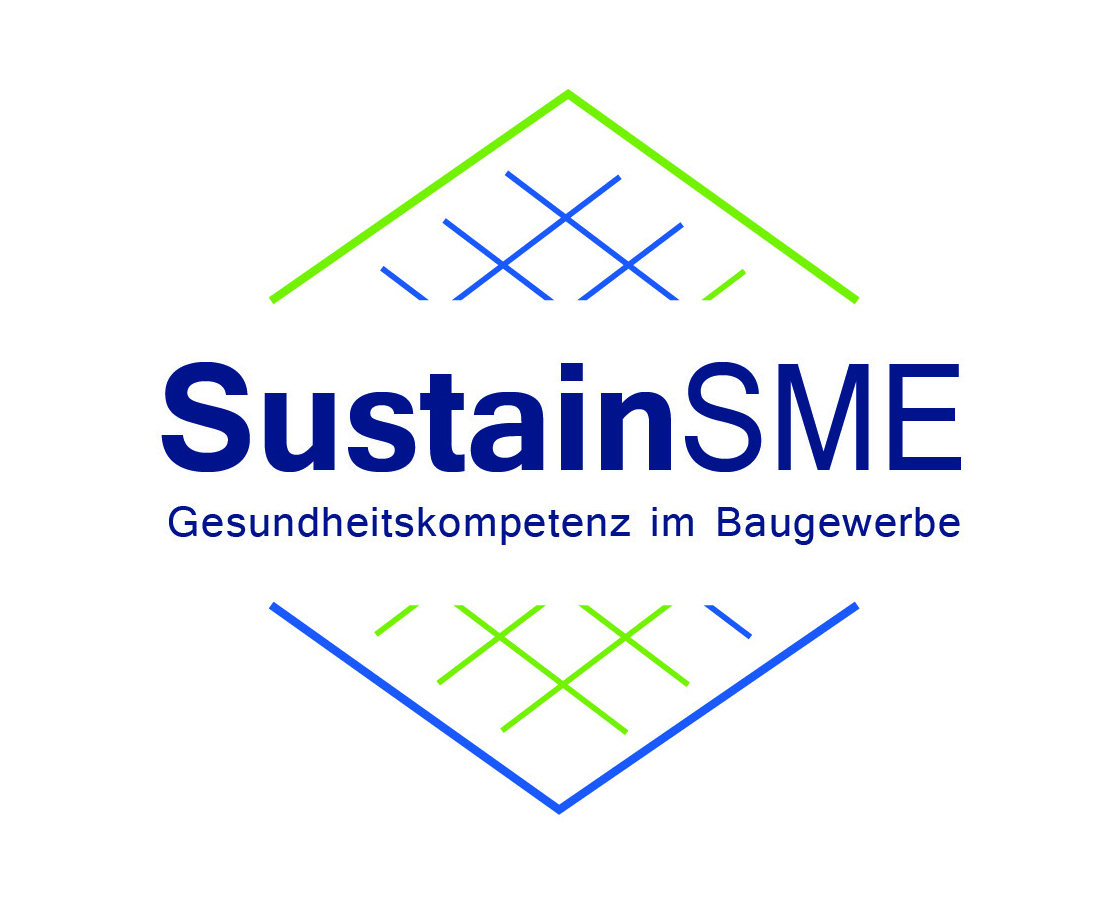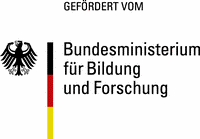Extended skills management for ensuring and managing the design of preventive working practices in small and medium-sized enterprises
The human component is increasingly becoming a differentiating factor for international medium-sized enterprises and corporations. At the same time, it is a driver for innovation and competitiveness. In addition to machines and facilities, intellectual property rights and data will become companies' most important future resource, be it at the level of employees or of company organization. As part of the focus group “Innovative leadership and prevention-oriented personnel development” in the joint project "Measures and recommendations for a healthy future working world" (MEgA), which is chaired by Fraunhofer scientist and spokesperson Anzhela Preissler, we support companies in which strategic and professional qualification and competence management can contribute to sustainable corporate success.
Transformations such as internationalization, digitization, and demographic change require constant adjustments. For companies, this is the path to becoming an organization that learns. In this way, we accompany companies in the development and implementation of competence (management) models with the latest findings from applied research.
Construction industry: prevention undergoing change
Demographic change presents construction companies with major challenges; it is becoming increasingly difficult to meet the demand for skilled workers, and vacancies can often no longer be filled. At the same time, new market segments are emerging in the construction industry, for example with senior-friendly or barrier-free building, or the installation of assistance technology. Maintaining and promoting the ability to work and to find employment is therefore becoming more important. The long-term motivation, creativity, and performance capability of employees must be increased. This calls for skills management and new preventive occupational health and safety concepts that are also accessible to SMEs.
SustainSME project objectives:
- Combining an awareness of healthy working practices with prevention in order to develop new digital tools.
- On the basis of an analysis of specific requirements in the building industry, developing a process which will allow small companies to implement health prevention measures.
- Increasing businesses' awareness of healthy working practices. In the pilot phase, tools are evaluated and assessed with regard to their transferability.
From individual cases to the benchmark: the concept developed will be designed in such a way as to make it transferable. The first scheduled step is its transfer to other construction industry companies. After that, the collaborative project partners will transfer the process to other industries with the aid of a training module, a guideline and an implementation concept. The SMEs involved in the project will use the tools prototypically, thereby assisting with the scientific evaluation of the overall concept.
Project partners:
- Fraunhofer Center for International Management and Knowledge Economy IMW
- Gebr. Hölscher Bauunternehmung GmbH
Project Duration: August 1, 2016 to October 31, 2019





